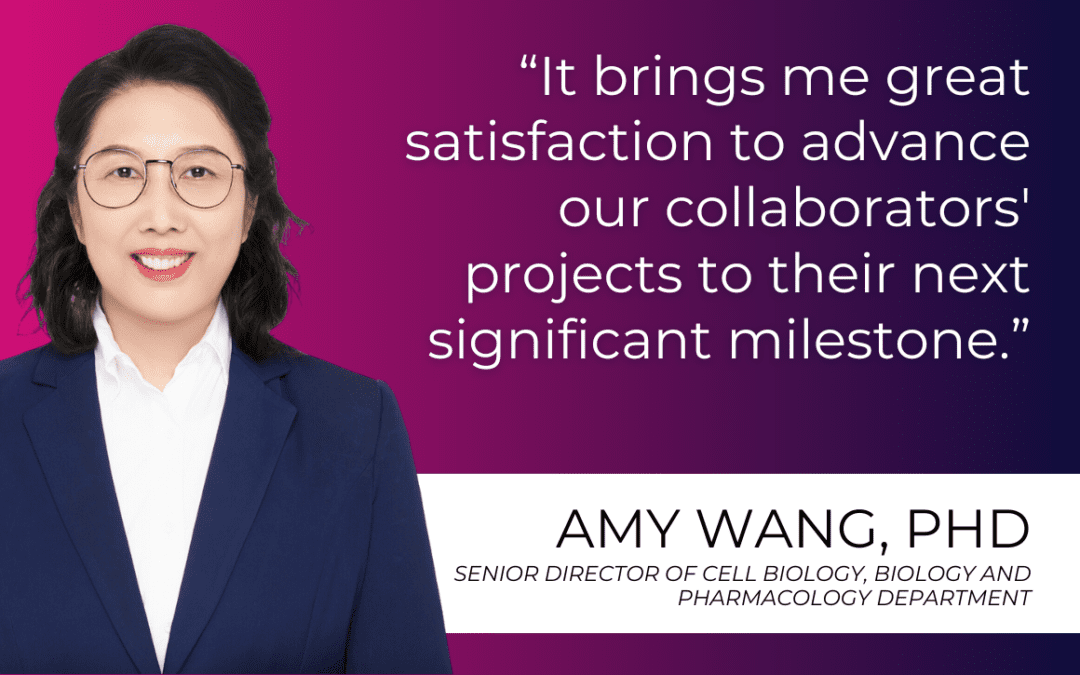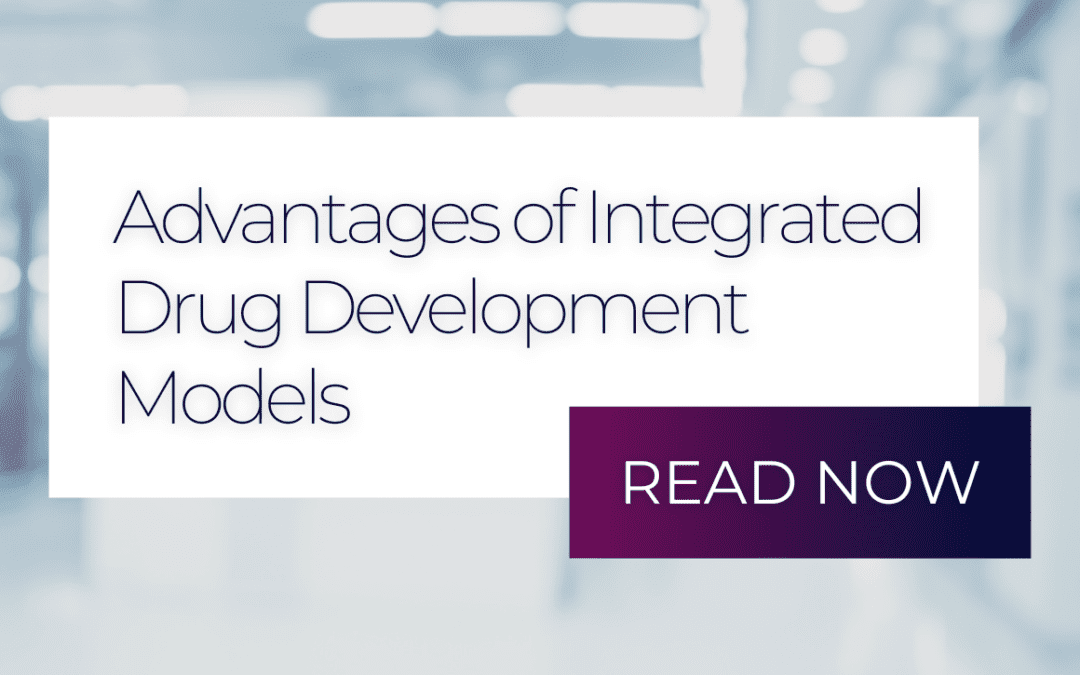Single Cell Cloning Antibody Generation
with the Beacon® Optofluidic System
Rapid Antibody Discovery to Accelerate Timelines with Single Cell Cloning
Several methodologies have been developed for generating monoclonal antibodies with hybridoma being the most widely used method. However, despite being an important and reliable antibody discovery engine this process has notable limitations, such as being time-consuming, laborious, and low-efficiency.
Single B cell cloning technology is an emerging microsystem-based screening method that is increasingly being adopted throughout the field of antibody discovery. This strategy of single B cell cloning by either cell sorting or limiting dilution dramatically overcame many limitations of conventional methods.
The nanofluidic optoelectronic antibody screening technique, the Beacon® platform, integrates individual cell trafficking, imaging, and culturing on a chip smaller than a business card. It enables us to directly screen single antibody-secreting plasma cells against multiple assays within hours of isolation. Additionally, the probability of identifying higher numbers of quality antibody leads against difficult targets is significantly improved with Beacon versus traditional hybridoma.
Accelerate Timelines
- Identify functional leads in a single day
- Multi-parameter phenotyping with high-throughput
- Thousands of individual cells interrogated in parallel
- 4 hrs to o/n from load to exporting hits
Functional Advantages
- Perform assays at any time, as often as you need
- Track phenotype and genotype of single cells or clones
- Automate and scale workflows far beyond manual analysis
- Look for different functional parameters on day one
Why choose ChemPartner for antibody discovery?
- Extensive experience with Beacon screening strategy design as one of the first CRO adopters of the technology
- CRO/CDMO teams with a fully-integrated infrastructure for antibody discovery and production as well as full service in vitro and in vivo pharmacology and DMPK capabilities
- Collaborative Bay Area partnership with Berkeley Lights (Beacon platform) and our South San Francisco research team
- Established workflows that enable antibody generation from multiple animal species
- Exploring single-cell cloning approach in various applications and therapeutic areas
Want to discuss your antibody discovery project?
Our team is ready -- the more challenging the better!
Read the Blog

Employee Spotlight: Hu Liu, PhD
Employee Spotlight Our employee spotlight series celebrates the accomplishments and expertise of our valued scientists and staff. Hu Liu Hu Liu, PhD Director of Biologics Discovery Q&A with Dr. Liu What is your favorite part of your role here as Director of...

Employee Spotlight: Amy (Zichun) Wang, PhD
Employee Spotlight Our employee spotlight series celebrates the accomplishments and expertise of our valued scientists and staff. Amy (Zichun) Wang, PhD Amy (Zichun) Wang, PhD Senior Director of Cell Biology, Biology and Pharmacology Department Q&A with Amy What...

Employee Spotlight: Yan Wang, PhD
Employee Spotlight Our employee spotlight series celebrates the accomplishments and expertise of our valued scientists and staff. Yan Wang, PhD Yan Wang, PhD Director, Peptide Chemistry Q&A with Yan What is your favorite part of your role here as a Director of...

Employee Spotlight: Manny Ventura, PhD
Employee Spotlight Our employee spotlight series celebrates the accomplishments and expertise of our valued scientists and staff. Manny Ventura, PhD Manny Ventura, PhD Senior Director and Site Head at ChemPartner US Q&A with Manny What is your favorite part of...

Advantages of Integrated Drug Development Models
The race to first-in-human clinical trials has become more critical than ever for drug developers. The FDA has even developed 4 major tracks to speed up the process and make drugs available to patients as fast as possible: Fast Track: Facilitates drug development and...

Exciting Upcoming Events: 2023
Throughout the year, ChemPartner attends events and conferences around the world not only to stay up to date with the latest trends but to share our expertise with the industry. Mark your calendar with this year's top biopharma conferences and events, and be sure to...

Employee Spotlight: Neha Yevalekar
Employee Spotlight Our employee spotlight series celebrates the accomplishments and expertise of our valued scientists and staff. Neha Yevalakar Neha Yevalekar Senior Scientist at ChemPartner Q&A with Neha What is your favorite part of your role here as a Senior...

Benefits of Working with a CDMO
The combined small and large molecule Contract Development and Manufacturing Organization (CDMO) market was valued at $52.8 billion dollars in 2021 with annual growth rates of 6.5% and 8.6% (respectively) from 2022 to 2030. So, why are more and more biotech and...

Antibody Generation: Single B Cell Cloning vs. Hybridoma
PD-L1 is a key inhibitor of T cell activation that is often over-expressed in cancer to escape immune surveillance and promote tumor progression. Blocking antibodies against PD-L1 or its receptor, PD-1, have shown significant clinical benefit in some patients with...
View the Data
Poster
Accelerated Discovery of Unique Anti-PD-L1 Antibodies from Spleen Versus Bone Marrow of Immunized Mice by Single Plasma B cell Cloning on the Beacon® Platform
Case Study
Accelerated Antibody Discovery of High-quality Anti-PDL1 Antibodies Using the Beacon® System
Technical Note
Rapid Antibody Discovery Through B-cell Cloning on the Beacon Platform
Single Cell cloning approach and its advancement for antibody discovery
Watch a Webinar
Rapid Discovery of a Diverse Panel of Antibodies Against Membrane Targets Using the Beacon System
Presented by ChemPartner and Berkeley Lights at the Antibody Engineering & Therapeutics Digital Week
Rapid Discovery of Potent anti-PD-L1 Antibodies Enabled by Single Plasma B Cell Cloning on the Beacon Platform and Epitope Binning with the Carterra LSA
Presented by ChemPartner, Berkeley Lights, and Carterra

Headquarters
1F & 3F, Block A
2829 JinKe Road
Zhangjiang Hi-Tech Park
PuDong New Area
Shanghai China, 201203
Contact Us
China: +86 21 5132 0088
US: +1 650 419 9974
Europe: +45 4586 9000


